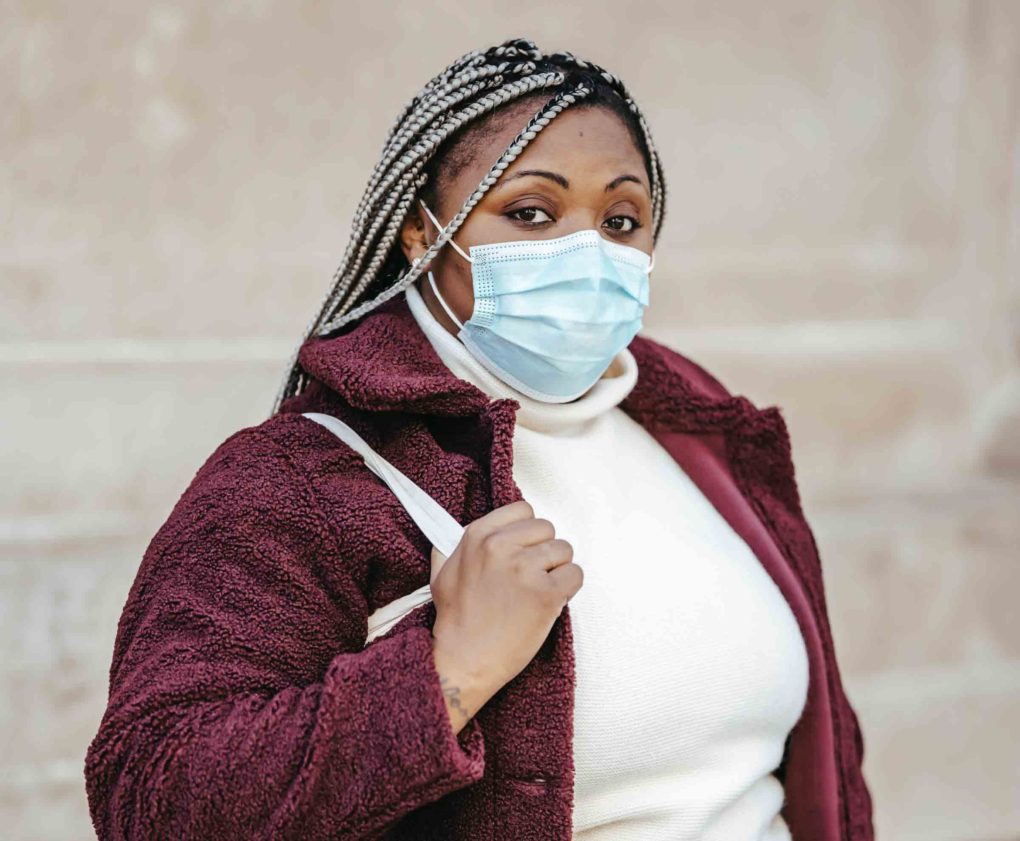With ever-changing policies, updates, and information, the coronavirus pandemic has impacted everything from how we live to how we manage community associations. As we look ahead, we reflect on the trends and changes in the residential property management industry.
How the Pandemic Changed Residential Property Management
Closing and Re-Opening Common Areas
After the shutdown last March, every community was required to adhere to New York state and county policies for re-opening and operating common areas such as gyms and pools. Boards, along with property managers, accountants, and attorneys continue to measure and weigh the safety, financial, and legal needs of operating community associations as the pandemic continues to unfold. For example, some communities have decided not to re-open certain common areas for safety, legal, or fiscal reasons.
Updating Governing Documents
If required, property managers, board members, and attorneys reviewed and updated governing documents to meet the new needs of their community. In some cases, changes were made temporary until further notice, under a “force majeure event” clause. However, other changes may be long-lasting because they will benefit the community in the long term. One example: some community associations have opted to amend their governing documents to allow virtual meetings to take place. This has been a popular alternative to meeting in person, as it makes it easier for residents and industry experts to attend. Some communities may choose to stick to this format long after the pandemic due to its convenience.
Adopting a Safety Plan
As required by New York state, all Co-operatives were required to adopt and submit a written safety plan last year. This plan lays out the safety measures in place for the community association, and it should be shared with residents.
Reviewing Insurance Policies
Property managers have reviewed insurance policies to make sure the current plans best cover community associations. While there may not be “pandemic” insurance, a review of what the current plan covers has been critical in these fast-changing times. For example, the insurance policy may not cover the Co-op, Condo, or HOA for things such as vaccines or workout classes during a pandemic, so it’s definitely prudent to see what is and is not covered.
Pandemic or not, it is a good idea for homeowners to make sure that they also have proper homeowner’s insurance as well. 2020 was a good reminder of this with the wild weather patterns, between tropical storm Isaias, heat waves, storm outages, snowstorms, etc.

Virtual Meetings and Virtual Elections
Unprecedented times certainly create creative solutions. If communities can legally host a virtual meeting, they can also conduct a virtual election. Sign-ins and password-protected meetings are recommended to do this in protecting the privacy of the community association.
Alternatively, some Co-ops had delayed their annual meeting until it is or was safe to hold one. Ultimately, each community has determined the needs (and audience) of their community in deciding how to conduct meetings.
Building Refinancing
For some Co-ops, Condos, and HOAs, the pandemic has created a great opportunity to refinance due to low-interest rates. Don, President of Einsidler Management, Inc. weighs in on this refinancing trend with Habitat Magazine.
More Cleaning = More Building Staff
Communities need to be more agile with staffing in the event an employee contracts coronavirus. In some cases, they have even had to hire additional staff for disinfection of common areas such as the pool, or gym, if the community had decided to re-open them. Extra cleaning expenses should be expected moving forward, perhaps long after the vaccinations are commonplace.
Budgeting for the Future, Emergencies, and the Unknown
Like every year, property managers worked with accountants to financially prepare for the upcoming year. However, budgets may include new budget items to plan for additional wear and tear, the “unknown”, staffing, cleaning supplies, safety signs, etc.
Increase in Digital Communications
There has been an increased interest in digital communications due to the pandemic. Communities are opting to use more email communications, robocalls, and texts for important building updates. Residents can subscribe to our newsletter, if you are a current resident, and update your contact information if it has changed. Current residents can visit our resident resources page for general information, documents, and articles.
Altering Alteration Policies
Alterations require vendors to enter a community or private residence to complete work. Therefore, community associations may have chosen to change their alteration policies to keep residents safe and lower the chances of virus spread. Our “Next Steps” Article addresses how communities can approach reopening and day-to-day operations in the pandemic.
Re-Prioritizing Capital Improvements
Non-essential capital improvements may have been postponed or halted by community associations from the beginning of march March to June, and throughout the duration of the pandemic. Additionally, some buildings may have found new urgency to improve certain spaces or structures if they aided in the safety, health, and maintenance of the community. For example, additional daily use of laundry rooms may have created a need to renovate laundry rooms or install laundry card services for a more touchless payment system.
Residential Life
Noisy Neighbors
Since residents are spending more time at home, there has been an increase in noise complaints. While we cannot always blame lack of carpeting, it is important that homeowners and shareholders adhere to their carpet covering requirement (usually at least 80% coverage is required) for sound insulation. This helps in cooling the tensions between some homeowners and shareholders, pandemic or not.
No Smoking, Please
We have seen an increase in smoking complaints due to residents staying home. Communities can proceed to send out violation letters like they were prior to the pandemic.

Please (Continue to) Wear a Mask
By now, we all know it is critical to wear masks. Residents need to continue to do their part in wearing them in common areas (and anywhere else outside of their home or unit) within their Co-op, Condo, or HOA even as the vaccine(s) becomes widely available. Some communities (depending on their governing documents) can even fine homeowners and residents if they are not wearing a mask in public spaces.
Do Not Feed the Birds and Squirrels
This may seem like a harmless action, however, feeding birds and squirrels can produce excess animal droppings and invite unwanted pests in community associations. Like smoking, this is a policy worth enforcing even during a pandemic.
Community Spirit!
Despite these challenging times, we have seen people come together to help one another. Board members have purchased masks for their whole community, porters and superintendents have helped to deliver essentials to sick residents, neighbors have clapped together for first responders from their balconies and gathered candy bags for trick-or-treaters, and kids have made handmade masks for neighbors and “thank you” signs for delivery workers.
The Packages Are Piling Up!
To manage the foot traffic in common areas, and limit virus spread, many communities have changed their policies on where deliveries can be left in the community.
In some cases, trash rooms have seen a spike in packages due to the pandemic. Residents should be reminded to break down all boxes before leaving them in the trash room, as boxes can stack up quickly.
Call the Plumber
An aspect of building maintenance impacted by residents staying home: more wear and tear on plumbing systems. If your apartment is leaking in a co-op or condo building, it is especially important to notify management, and your superintendent (if applicable) as soon as possible to prevent damage to other units or common areas.
The Long Island Housing Market
Long Island Seller’s Market
As a result of the pandemic, prospective buyers (some from New York City) are in search of a home on Long Island. This has created a great opportunity for Long Island residents to sell their homes, or downsize to a Cooperative or Condominium. Additionally, buyers have been taking advantage of the low-interest rates caused by the pandemic.
Not-So “Open” Houses
There may now be new policies for showings and open houses. For example, food or drinks may no longer be permitted at open houses. If open houses are permitted, they may be by appointment only. Additionally, prospective buyers who attend an open house may only be permitted in homes one at a time (with masks).
New Safety Measures for Closings
Closings are still done in person due to the required signatures on closing documents, but our office safety plans include hand sanitizer, mask requirements, plexiglass, air filters, etc.
Thinking Ahead
Stay Prepared for Seasonal Changes, Storms, and Other Emergencies
A good rule of thumb under any circumstances: reduce any unnecessary repairs or home emergencies by staying prepared as the seasons change:
New Year’s Resolutions for Homeowners
Avoid frozen pipes
Winter Safety
Snowstorm Safety
Emergency Contacts & Resources for New York Residents
Fire Safety
Spring To-Do-List
Heatwave Safety
Prepare Your Home for Summer
Hurricane Preparedness
Fall To-Do List
Weather Apps and Resources
Vaccine Requirements?
With vaccines in distribution, communities will wonder if they should host a vaccine fair or require vaccines for all residents. This can potentially open the community up to liability, so boards and property managers should speak to their community’s attorney on how to handle these next steps if at all.

Vaccine Requirements?
With vaccines in distribution, communities will wonder if they should host a vaccine fair or require vaccines for all residents. This can potentially open the community up to liability, so boards and property managers should speak to their community’s attorney on how to handle these next steps if at all.
Let Management Know if You Test Positive for Coronavirus
It is critical that management knows when someone in the community has tested positive. We will not disclose the identity(s) of the individual(s). When this is communicated to us, it allows us to make additional accommodations such as extra sanitation, if needed.
Revisit Communication Methods
Communities can benefit from an email distribution list and/or robocall service. Talk to your property manager about the options available for your community association. Residents can also opt-in to emails by completing a census form. To opt into robocalls (if your community is using this service), residents can contact their property manager, contact us, or request a form.
Promote Simplified Billing Services to Homeowners/Shareholders
Residents can choose to go paperless with E-Billing through our online portal. This eliminates the need to drop off a physical check in the office, and saves paper in the process.
Einsidler Management, Inc. Continues to Work with Your Community in These Unprecedented Times
In an effort to keep Cooperatives, Condominiums, and Homeowner’s Associations and their homeowners, shareholders, and staff safe, we closely monitor the virus in addition to state and local health mandates. Your Einsidler management team continues to serve the best interest of your community in these unprecedented times.
Superintendents and porters are also working continuously to keep communities clean through regular disinfecting. Our property managers work closely with them, along with industry experts such as attorneys and accountants. Your board of directors who are elected members of your community volunteer their time and efforts to keep your community safe as well. We thank you for continuing to do your part in keeping your community safe from the virus.


